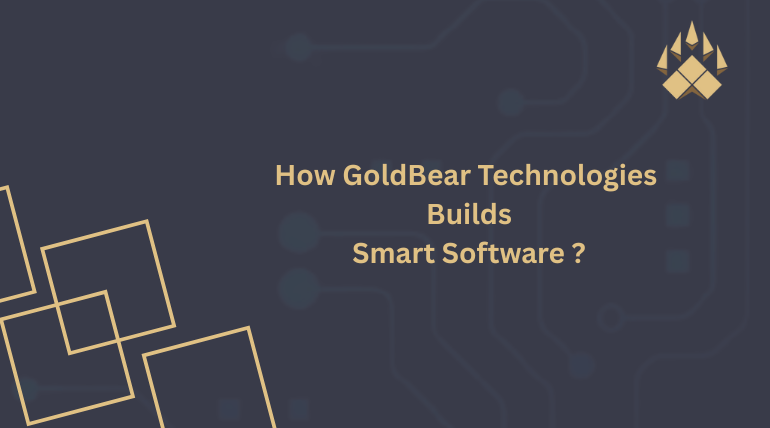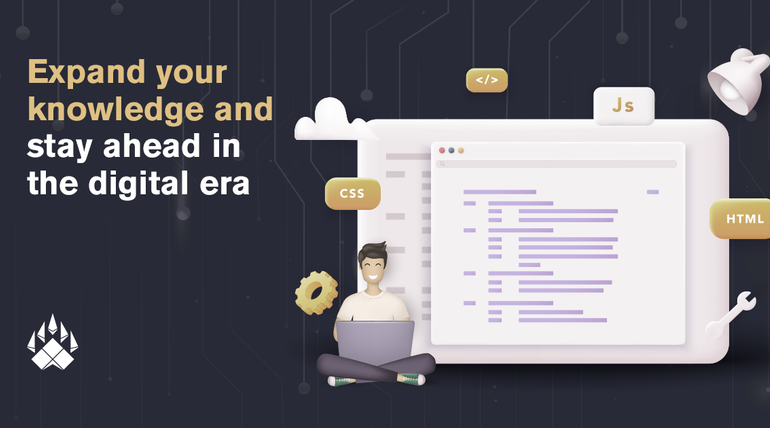Đoka Miraševića br. 102, Podgorica

How Do User Experiences (Everything They See On The Internet) Affect Expectations From An IT Agency?
What is the Customer-First Model?
This innovative business model has transferred all the power into the hands of the customers. Customers expect what they purchase from IT agencies should be better:
● Products
● Experiences
● Prices
● Added features
It is getting harder for IT agencies to keep up with these expectations - especially the unrealistic ones. The rapid growth of the IT industry has highlighted many positive and negative trends for businesses and customers.
If the customer doesn’t get what they want, they can:
● Most likely, switch to your competitors for the same product for better prices, experiences, and services.
● Or they will switch to your competitors to buy the same product at a lower risk.
For businesses, these two consumer trends can either make or break their company. For example, older, less likely to adopt the newest technologies in their IT agencies, can never benefit from these trends.
In contrast, IT agencies that thrive on implementing the latest technologies and providing the newest solutions will consider these trends as opportunities to outgrow their competition and increase customer retention, experience, and loyalty.
Challenges IT Agencies Face With Increasing Customer Demands
Out of Budget Demands
Just a few months back, one of my friends (who works in a high-tech IT agency) told me that they had a customer who wanted a POS system. There is nothing wrong with a POS system, but a POS system that integrates with Google apps (like Google Calendar and Sheets) is definitely an out-of-budget problem.
As I mentioned, not every client that IT agencies face knows what they want. IT agencies are not genies that will grant every wish the client makes. There is a definite budget set by the client. According to this budget, the agency will fit features in the software, product, or service they make for the client.
Clients Expect a Mobile-friendly Product (Even if They Don’t Mention it in Their Requirements)
If a client comes to you for a desktop app but in the end expects it to be mobile-friendly, what will you do?
Believe it or not, this happens frequently. An IT agency tries everything in its might to give its clients only the best. But clients who only have a vision yet lack knowledge always demand more than what they initially stated.
Clients think that because mobile is the next best thing, everything they purchase would qualify for a better mobile experience. But then again, these requirements should be communicated clearly to align the agency with your goals and objectives.
Vagues Requirements Resulting in too Many Revisions
Clients must recognize the difference between needs and desires. What they actually want and what they receive are two different things. This mishappening happens because clients have a whole another picture of the product they envisioned without stating obvious requirements.
When a client contacts an IT agency, a requirements engineer jots down all the client’s requirements. While doing this, their main priority is to highlight the system’s core requirements (functionalities) and separate them from additional features.
Again, there is nothing wrong with going for additional features to make your product or service extra special, but it should be communicated from the very start. Clients ask for additional features after they see the documented requirements.
Sometimes, these additional features require multiple revisions before the final draft. You might not believe it, but clients ask for additional features when the product is deep in its development phase.
Why? Because clients aren’t aware. They just see a product online and want something better than that product. IT agencies can make flawless designs and products. But clients need to learn a little about the technology and what it requires to have a clear picture of what they actually want.
Customers Get Cranky When Asked for Time - Tight Deadlines
The requirements phase is over if an IT agency gives you a project timeline. The defined timeline will increase if you decide to intervene with new requirements. However, clients want their new demands addressed within the same timeline and budget.
These unacceptable conditions shouldn’t be held against the IT agency. Either the client has to increase the budget and the timeline, or they will have to accept the product delivered that the company and client both agreed upon.
Technology Has Heightened Client's Expectations
We all know how well the IT industry has done over the years - the innovations it produced and the resulting uproar of demand it induced. With the latest innovations pouring in like rain every other day, clients want everything that can give their business an edge over the competition.
Clients expect IT agencies to know everything - even what goes on in their minds. For instance, a client can’t expect to have a product that switches between AR and VR technology on command.
You will have to buy separate hardware for AR and VR-powered technologies. Connecting the two within the same product and asking for unrealistic additional features is simply an impossible feat.
Conclusion
The IT industry strives to provide unmatchable ease and user experience to clients. However, clients must realize that the best technology comes at a cost. Some requirements are simply impossible to integrate. It’s best to acquire knowledge about the product or service clients want developed to eliminate unrealistic expectations and be on the same page as the IT team.



